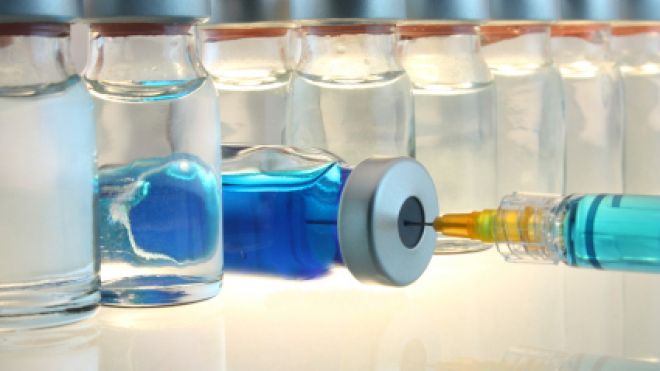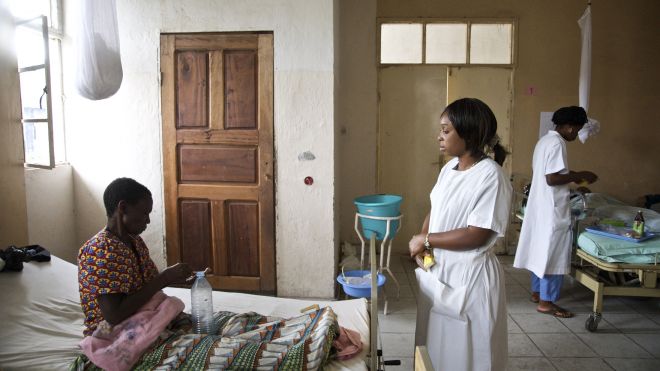
Chinese scientists have developed the first vaccine to protect children against a virus called enterovirus 71, or EV71, that causes the common and sometimes deadly hand, foot and mouth disease. The new inactivated EV71 vaccine, made by Beijing Vigoo Biological, was developed for use in the Asia-Pacific region, which accounts for most of the serious cases of the disease that can cause potentially fatal meningitis and encephalitis. Since its discovery in 1969, EV71 has caused major outbreaks of hand foot and mouth disease around the world, affecting mostly children. According to the World Health Organization, outbreaks of HFMD occur every few years in different parts of the world. But in recent years these have occurred more in Asia. Places with recent large increases in the number of reported cases include China, Taiwan, Hong Kong, Japan, the Republic of Korea, Malaysia, Singapore, Thailand and Vietnam. A large outbreak of HFMD infected about 35,000 people and killed 17 in China's Hunan province in June 2012. Symptoms of the disease include mouth sores, skin rashes and fever. Until now, there have been no effective vaccines against EV71. But in trial data published in The Lancet medical journal on Tuesday, researchers said Beijing Vigoo's vaccine gave 90 percent protection against EV71-associated hand, food and mouth disease, with 80.4 percent protection for at least 12 months. The trial took place at four sites across China - three in Jiangsu province and one in Beijing. It involved 10,245 babies and children aged 6 to 35 months who were randomly assigned to get two doses of the vaccine, or two doses of a placebo. Commenting on the results, Nigel Crawford and Steve Graham from the University of Melbourne and Murdoch Children's Research Institute in Australia said “the gains made in (this) trial need to be shared internationally.” This should include an assessment of potential cross-protection for other types of EV71 prevalent in other epidemic countries such as Singapore, Malaysia and Japan, they added. The Chinese researchers, led by Feng-Cai Zhu of the Jiangsu Provincial Center for Disease Control, said the vaccine was safe and well-tolerated and side-effects were similar in both the vaccine and placebo groups. But they cautioned that there was no evidence the vaccine would cross-protect against another virus called coxsackievirus A 16, which is often found circulating with EV71 and also causes hand foot and mouth disease. This and several other viruses can cause hand foot and mouth disease, they added, so using a vaccine against only EV71, even if it is highly effective, may have only a minimal impact on reducing the overall number of cases of the disease.source : http://www.foxnews.com/health/2013/05/29/new-vaccine-protects-kids-against-hand-foot-and-mouth-disease/

